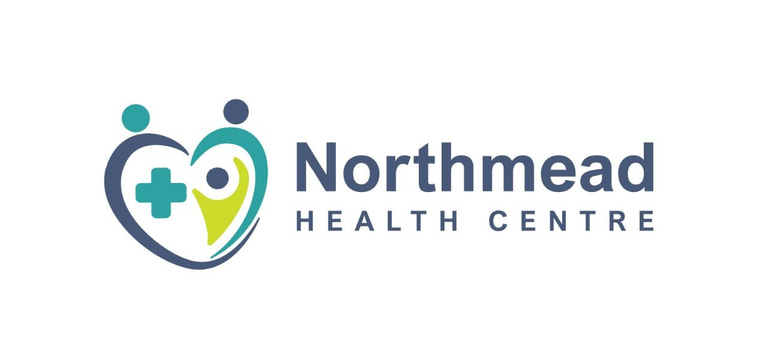Speech Milestones: What’s Normal and When to Worry
It's important to remember that every child develops at their own pace. What's "normal" is a wide spectrum, and some kids are just naturally more vocal than others.
10/5/20253 min read


Is Your Toddler on Track? A Parent's Guide to Speech Milestones
As a parent, you're constantly on the lookout for signs of your child's development. From that first wobbly step to the moment they finally say "mama," every milestone is a cause for celebration. But when it comes to speech milestones, it's easy to feel a little lost. Is my child talking enough? Are they supposed to be saying "r"s yet? When is it time to worry about a speech delay?
It's important to remember that every child develops at their own pace. What's "normal" is a wide spectrum, and some kids are just naturally more vocal than others. But there are general speech development milestones that can give you a good idea of what to expect and when to seek professional advice.
Key Speech Milestones: A Quick Guide
Let's break down the typical speech and language milestones by age.
0-12 Months: The Foundations of Language
Even before they can talk, babies are learning to communicate.
0-3 Months: They'll coo and make gurgling sounds. They're also learning to turn their heads towards sounds.
4-6 Months: Babbling begins! You'll hear them making sounds like "baba" and "mama," often without any real meaning attached. They'll also start to respond to their name.
7-12 Months: Babbling becomes more complex, and they may use gestures like pointing. They'll also likely say their first words, even if they're not perfectly clear.
12-18 Months: First Words and Beyond
This is the age of discovery and explosion in vocabulary!
Vocabulary: Your child should have at least 1-3 words by their first birthday and a vocabulary of about 10-20 words by 18 months.
Understanding: They can follow simple one-step commands like "give me the ball" and understand the names of common objects.
Communication: They may use a combination of words and gestures to get their point across.
18-24 Months: The Language Explosion
The "terrible twos" might be a handful, but they're also a time of amazing language development.
Vocabulary: Vocabulary can grow to 50 or more words by two years old.
Putting Words Together: They start combining two words to form simple phrases like "more juice" or "daddy go."
Following Instructions: They can follow two-step commands like "get your shoes and put them on."
2-3 Years: Talking Like a Toddler
By this age, your little one is becoming a little chatterbox!
Vocabulary: They should have a vocabulary of over 200 words and are learning new words every day.
Sentences: They are now using three- and four-word sentences and are starting to ask "what" and "where" questions.
Clarity: Strangers can understand about 50-75% of what your child says.
3-4 Years: Becoming a Storyteller
This is the age of imagination and complex conversation.
Sentences: They can talk in longer, more complete sentences and tell simple stories.
Questions: They're now asking "why," "who," and "how" questions.
Clarity: Their speech is mostly understandable to strangers, though some mispronunciations are still common.
When to Worry: Signs of a Speech Delay
While every child is different, there are some red flags that may indicate a speech delay or language disorder. It's always best to be proactive and consult a professional if you notice any of the following:
By 12 Months: Not babbling, not making eye contact, or not responding to their name.
By 18 Months: Not saying any words.
By 24 Months: Has a vocabulary of fewer than 50 words or isn't combining words.
By 3 Years: Has very unclear speech, or strangers can't understand them.
Any Age: If your child is losing speech or language skills they once had.
What to Do If You're Concerned
If you have concerns about your child's speech development, the best first step is to talk to your pediatrician. They can perform an initial screening and, if needed, refer you to a speech-language pathologist (SLP). A speech therapist is a trained professional who can evaluate your child and create a personalized plan to help them catch up.
Remember, early intervention is key. Addressing a speech delay early on can make a huge difference in your child's communication skills and overall confidence.
Final Thoughts for Parents
It’s normal to be a little anxious about your child's development. But armed with the right knowledge about speech milestones, you can feel more confident about whether your child is on the right track. Engage with them, read to them, and encourage them to communicate in their own way. Your support and love are the most important tools in their language journey.

